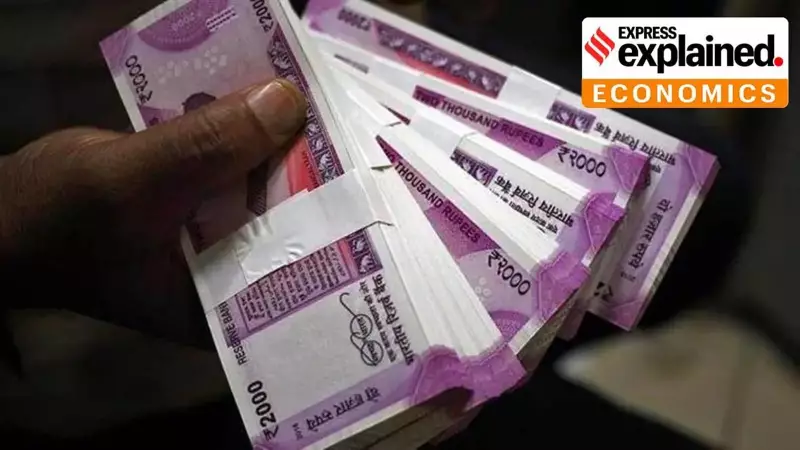
As India prepares for the much-anticipated 8th Central Pay Commission, a critical flaw in how we measure inflation could potentially shortchange millions of government employees and pensioners. The current methodology for calculating Dearness Allowance (DA) might be painting an inaccurate picture of rising living costs, experts warn.
The Inflation Measurement Conundrum
The core issue lies with the Consumer Price Index for Industrial Workers (CPI-IW), the benchmark used for determining DA adjustments. This index, many economists argue, fails to capture the true extent of price rises that affect government employees and their families.
"The current CPI-IW doesn't adequately reflect the consumption patterns of today's government employees," explains Dr. Anjali Sharma, a labour economist. "We're using a framework designed for a different era to calculate crucial salary revisions."
Why Current Methods Fall Short
Several factors contribute to this measurement gap:
- Outdated Consumption Basket: The goods and services included in the CPI-IW don't match what modern government employees actually spend their money on
- Geographical Limitations: The index primarily tracks prices in select industrial centers, missing urban and semi-urban areas where many employees reside
- Service Sector Neglect: The basket underrepresents service sector expenses like education, healthcare, and transportation that form significant parts of household budgets
The Ripple Effect on Pay Revisions
When the 8th Pay Commission begins its work, this measurement gap could have serious consequences:
- Inadequate DA Adjustments: Employees might not receive sufficient compensation for actual price increases
- Flawed Base Salary Calculations: The foundation for new pay structures could be built on inaccurate data
- Reduced Purchasing Power: Over time, the gap between salaries and living costs could widen significantly
A Call for Modernization
Economists and employee unions are pushing for urgent reforms in how we measure inflation for pay commission purposes. Many suggest adopting a more comprehensive approach that includes:
- Regular updates to consumption baskets reflecting current spending patterns
- Broader geographical coverage across different types of settlements
- Better representation of service sector inflation
- More frequent revision of weightages assigned to different expense categories
"Getting the inflation measurement right isn't just about numbers—it's about ensuring fair compensation for those who serve the nation," emphasizes Ramesh Kumar, general secretary of a central government employees association.
The Road Ahead
As preparations for the 8th Pay Commission gain momentum, the debate around inflation measurement is expected to intensify. With millions of livelihoods at stake, the accuracy of our price indices could determine whether government employees keep pace with the rising cost of living or fall behind.
The time to address these measurement issues is now, before the commission begins its crucial work of shaping the financial future of India's central government workforce for the coming years.





